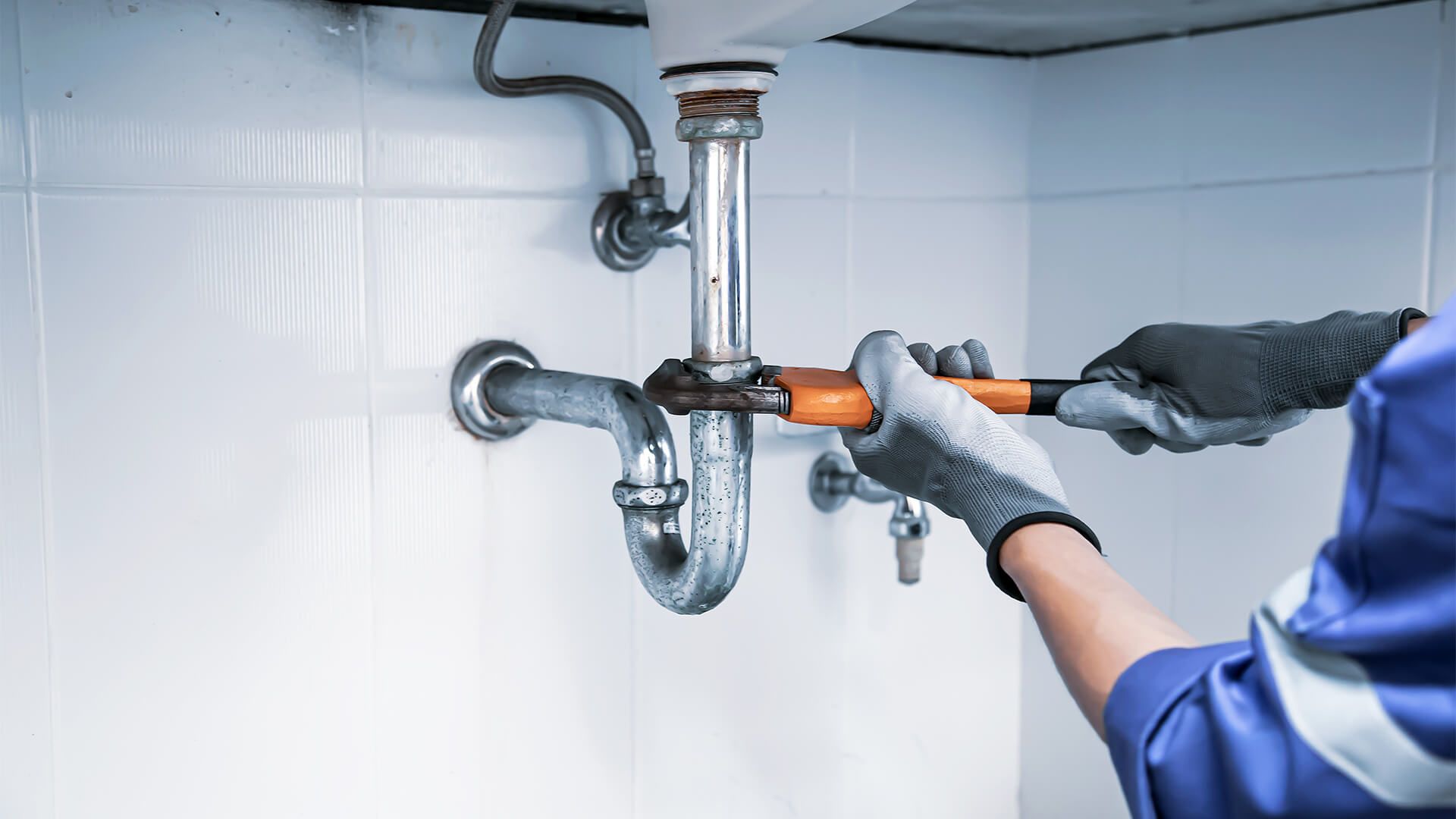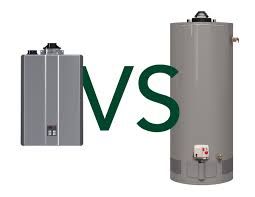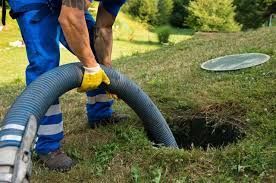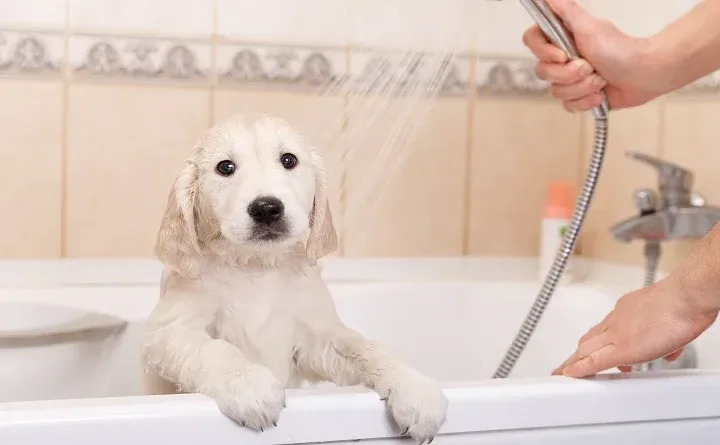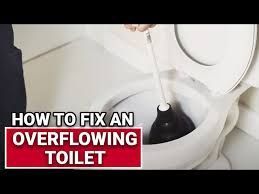Why You Shouldn’t Skip Plumbing Inspections
Plumbing inspections aren’t just fancy add-ons to your home maintenance list—they’re a must. They help uncover hidden issues like leaks, corrosion, or clogs before they escalate into wallet-draining disasters. Think of it as a check-up for your home’s arteries.
Benefits of Regular Water Heater Maintenance
What Does a Plumbing Inspection Cover?
Main Areas Your Plumber Will Check
Pipes and Fittings: Looking for cracks, leaks, and signs of wear.
Water Heater: Ensuring it’s functioning efficiently and safely.
Drains and Sewers: Checking for blockages or slow drains.
Fixtures and Faucets: Testing water flow and pressure.
Valves and Connections: Making sure everything is sealed and secure.
Regular Inspections Save You Big Time
Think of all the plumbing nightmares you’ve heard of: burst pipes, flooded basements, skyrocketing water bills. Regular checks keep these horror stories from becoming your reality. By catching problems early, you save money, avoid stress, and keep your home safe.
What Happens When You Ignore Plumbing?
The Risks You Don’t Want to Take
Water Damage: That tiny leak can turn into a massive flood.
Mold Growth: Damp areas from unnoticed leaks are mold’s favorite hangout.
Skyrocketing Bills: Wasted water equals wasted cash.
Structural Damage: Leaks weaken your walls, floors, and foundation.
Safety First: Why Inspections Matter for Your Home
Your plumbing system is directly tied to your family’s safety. Faulty gas lines, contaminated water, or burst pipes can create dangerous living conditions. Regular inspections give you peace of mind and ensure your home remains a safe haven.
Why Regular Plumbing Inspections Are the Real MVP
Skipping regular checks is like driving with a flat tire—you’re asking for trouble. Annual inspections help extend the life of your plumbing system and catch problems before they spiral out of control. Plus, they keep everything running smoothly, so you’re not left without water when you need it most.
How to Pick the Right Plumber for Inspections
Don’t just hire anyone with a wrench. Look for licensed professionals with good reviews, reasonable pricing, and transparent service. Bonus points if they’re upfront about their process and offer guarantees.
Tools and Tricks of the Trade: What Pros Use
Video Inspection Cameras
Plumbers use high-tech cameras to peek inside your pipes and locate blockages or damage without tearing up your floors.
Pressure Gauges
These measure water pressure levels to identify potential weak spots or leaks.
Moisture Meters
Detect hidden dampness in walls or floors, pointing to unseen leaks.
Snake Augers and Hydro-Jetters
For clearing clogs and cleaning out tough blockages.
Gas Leak Detectors
Used to ensure your home’s gas lines are secure and leak-free.
What Happens During a Plumbing Inspection?
The plumber checks all major components of your system.
Pipes, drains, and fixtures are tested for performance and leaks.
Advanced tools are used to diagnose hidden issues.
Recommendations for repairs or upgrades are provided.
Common Problems Found During Inspections (And Why They Matter)
Corroded Pipes
Old, rusty pipes can burst and cause major water damage.
Leaks in Hidden Areas
Even small leaks can lead to structural damage over time.
Low Water Pressure
Could be a sign of blockages, leaks, or outdated pipes.
Clogged Drains or Sewer Lines
Unresolved clogs can lead to backups and unpleasant odors.
Outdated Fixtures
Inefficient or damaged fixtures waste water and money.
Get Ready: Your Pre-Inspection Checklist
Clear the areas around sinks, toilets, and appliances for easy access.
Know where your water shut-off valve is located.
Keep your home’s plumbing records handy.
List any issues you’ve noticed beforehand.
Be ready to ask questions about your system’s condition.
Keeping Your Plumbing in Check: Why It Matters
Plumbing inspections are about more than just avoiding problems—they’re about maintaining a happy, functional home. From preventing water damage to saving on repairs, inspections are a small investment with big returns.
Conclusion
Plumbing inspections are your secret weapon against costly surprises. With the right plumber, the right tools, and regular check-ups, you can keep your system running smoothly and your home in top shape.

